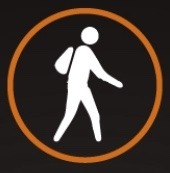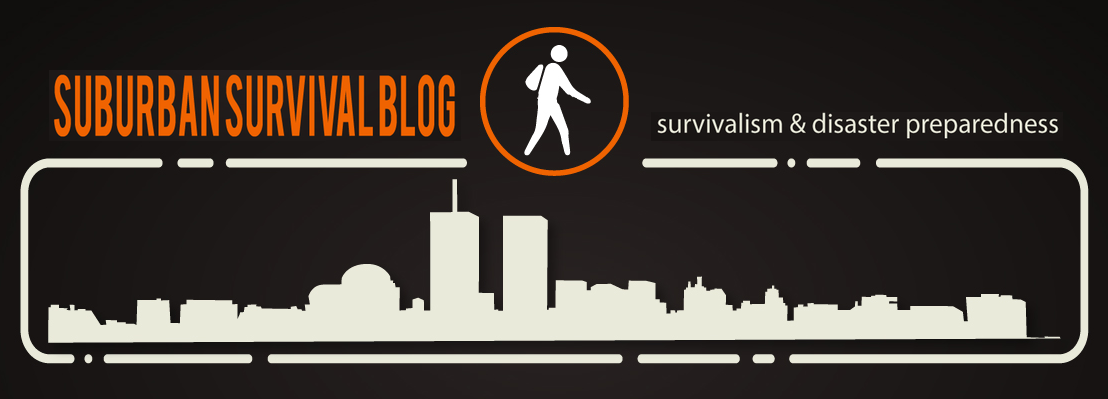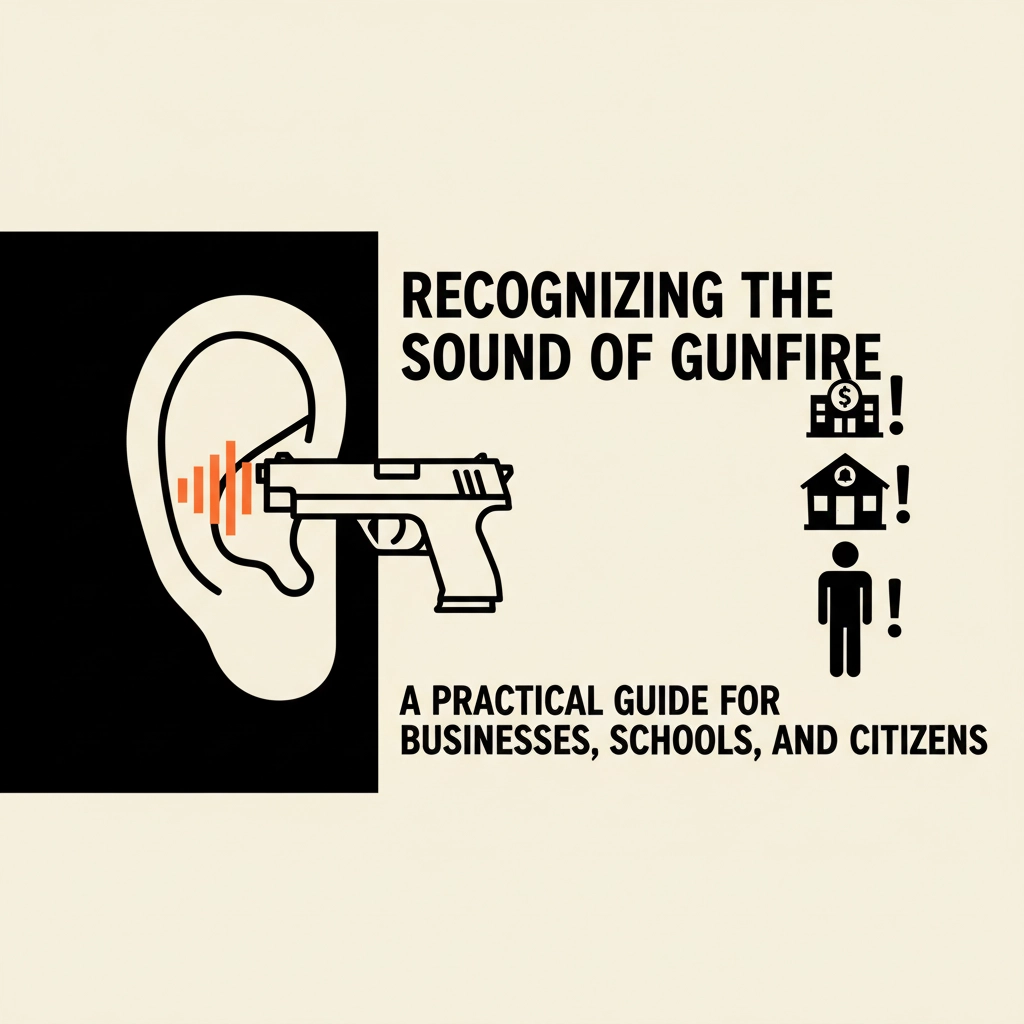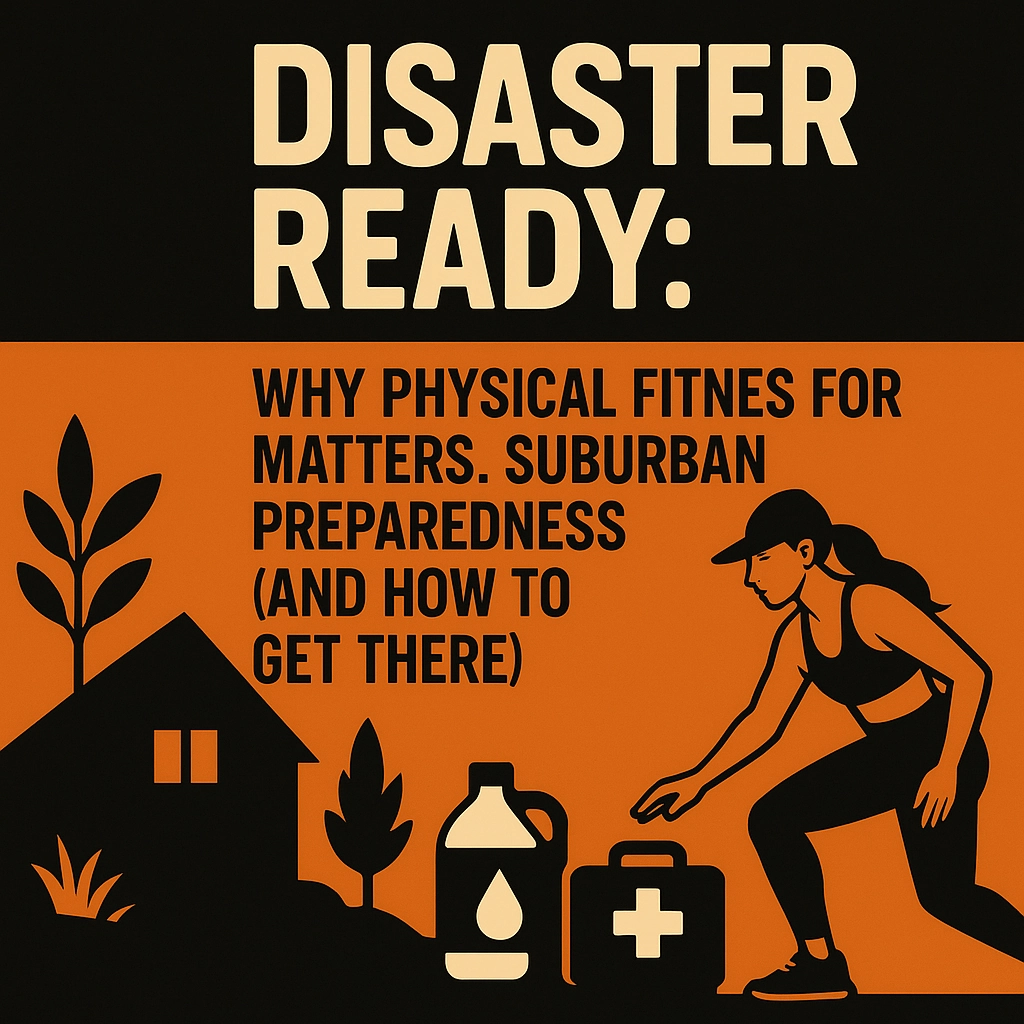I recently completed my Community Emergency Response Team (CERT) training. First some background and then an evaluation from a prepper perspective.
CERT’s were formed in the wake of the September 11th attacks via executive order. The training agenda was adapted from material developed by the Los Angeles Fire Department in 1985. The Emergency Management Institute (EMI) expanded the CERT materials in 1994 via an all hazards approach. As stated in the introductory material:
“CERT training is designed to prepare you to help yourself, your family, and your neighbors in the event of a catastrophic disaster. Because emergency service personnel will not be able to help everyone immediately, you can make a difference by using the training…to save lives and protect property.
This training covers the basic skills that are important to know in a disaster when emergency services are not available. With training and practice and by working as a team, you will be able to do the greatest good for the greatest number of victims after a disaster, while protecting yourself from becoming a victim.”
As the above is the stated goal, the course accomplished the mission. Even this reference material is fairly decent basic information for the unprepared. However, I think we need to be realistic. Training someone with a prepper mindset is going to be vastly different than training your average American who is mostly unprepared.
The course was designed for:
1) Someone with no emergency management experience.
2) Someone who has had no exposure to hazardous materials and their characteristics.
3) Someone who has never used a fire extinguisher.
4) Someone who has a high tolerance for death-by-PowerPoint.
In other words, if you are new to the prepper world and just landed in the community, you get some basic (very basic) introductory emergency preparedness skills. Otherwise, the only value I extracted from the training was some basic search and rescue protocols and some insight into my region’s emergency management infrastructure. At the end of the day, the best a CERT member can hope for is a chance to bring a fireman water, answer phones at an Incident Command Center or direct traffic. I guess if there was a huge incident like a hurricane strike or a massive tornado, there might be a bigger role for the CERT teams. Otherwise, I just cannot see the rudimentary training being anything more than an introduction to Emergency Preparedness for the ordinary citizen.
At the end of the day, each prepper must decide if 16 — 24 hours of time is worth the basic information. For me, it was a learning experience and also gave me the opportunity to get an inside, if only introductory, look at what resources might be available should my community have a major problem. Would I recommend CERT training? Yes, if only to get that ID badge which might benefit my family and me if there is a disaster. That is the bottom line.
One last thought. It is explicitly stated that the community may be on their own: “Following a disaster, community members may be on their own for a period of time because of the size of the area affected, lost communications, and impassable roads.” This underscores my motto: Prepping Means Resiliency, Redundancy and Survivability.









I’m sure the CERT experience varies greatly from city to city and instructor to instructor. My community in a fault zone in the Intermountain West takes CERT very seriously. I live in a small rural town with a pretty high composition of self-reliant people. CERT is important here because we our law enforcement is county and our fire department is volunteer. Volunteer does not have to be synonomous with unprofessional.
In a large disaster, there just wouldn’t be enough paid first responders to come anywhere close to meeting the needs of the community. Our CERT trains monthly at City and County level in the actual city and county Emergency Operations Centers and county fire fighting training facility (nicknamed the Bates Motel because of the realism of the timed training excercises that are complete with darkness, simulated electrical fires, fire pans, smoke, strobes, actresses crying real tears and screaming victims made up with realistic stage makeup simulating blood loss and compound fractures.) I’ve been through quite a bit of training at a variety of schools and hold certifications in everything from ASP batons to high explosive breaching charges and I found my CERT training to be very hands on and professional. I suppose it depends on the instructor. Sure, some of information was basic, but most good emergency training deals heavily with executing fundamental skills under extreme stress.
Since my CERT training about a year ago, I’ve been deployed 4 or 5 times, mostly due to flooding in my area. The deployments were orderly, organized and went by the book from signing in and out in the staging area to ending with a debriefing. I can see how it’s important to have the PPE and the ID to get you (and possibly family members) past roadblocks and in and out of restricted disaster areas. We’ve worked and trained with our local LE, Red Cross, Fire Deparment, Ambulance Services and Amatuer Radio Emergency Service. CERT motivated me to get my Amateur Radio license and I’m now a part of ARES too and working on my ECOM1 certification. All in all, my experience was not bad … especially for free training. My city even issued us PPE and basic gear. I guess I should be thankful that I live where I do. I suppose that’s part of the reason I relocated out of the city.